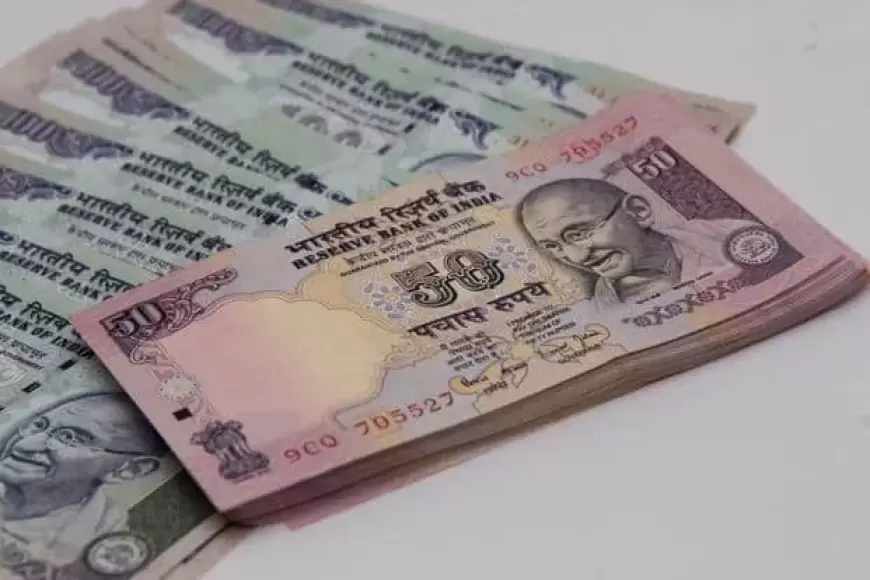Global Investors Flock to Indian Rupee-Denominated Bonds as Demand Skyrockets
Offshore Rupee Bonds: Global Institutions Respond to Soaring Demand

There's been a notable increase in the issuance of offshore rupee-denominated bonds by global institutions, including the World Bank's lending arm. These bonds, worth a total of $1.4 billion so far this year, are in high demand due to India's recent inclusion in JP Morgan's emerging market debt index.
Sources familiar with the bond market disclosed that the issuance of these bonds has already reached almost half of last year's total, with a significant portion issued in the final quarter of 2023 following JP Morgan's announcement about India's inclusion in the index from June 2024.
These bonds, which have maturities ranging from 4 to 10 years, are denominated in Indian rupees but settled in U.S. dollars. They typically offer lower yields than Indian government bonds, making them an attractive option for issuers looking to raise funds at favorable rates. Additionally, they provide overseas investors with access to rupee-denominated debt without the need for special licenses or incurring local taxes.
Kenneth Akintewe, head of Asian sovereign debt at abrdn, noted that the supranational bond market is growing rapidly, attracting investors who prefer to avoid the registration process. Mitul Kotecha, head of currency and emerging market macro strategy for Asia at Barclays, highlighted that offshore rupee bonds provide a straightforward avenue for investors seeking exposure to Indian debt without complex arrangements.
The International Bank for Reconstruction & Development (IBRD), a World Bank lending arm, has been active in issuing rupee bonds, including a recent 6-year bond offering at a yield lower than the onshore sovereign yield. Other "AAA" rated supranational entities, such as the European Bank for Reconstruction & Development, Inter-American Development Bank, and the Asian Infrastructure Investment Bank, have also participated in issuing rupee-denominated bonds. Major financial institutions like JP Morgan, Goldman Sachs, Standard Chartered Bank, and HSBC have been involved as arrangers.
Issuers typically convert the proceeds from rupee bonds into U.S. dollars to finance global projects. The strong demand for rupee-denominated debt has made dollar funds cheaper than prevailing U.S. rates, providing issuers with cost-saving benefits and access to a wider investor base.
According to a managing director for emerging markets at a British bank, around three-fourths of the total issued amounts are acquired by long-only traditional asset managers, with the remaining absorbed by short-term investors anticipating passive investment inflows driven by index inclusion.
Also Read: India Targets $1.7 Billion Revenue from Online Gambling Tax in Fiscal Year 2025
































































